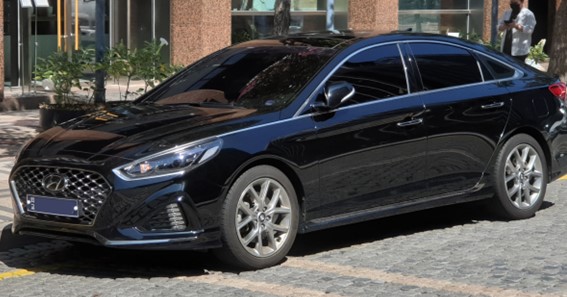If your car is one of the essential means of getting to work and running errands, it makes sense to own auto insurance. Even if you don’t drive much or take your car out often, auto insurance can protect you from accidents or theft.
Many people wonder what their car coverage protects. Automobile insurance covers damage to other cars and objects, liability, and personal injury. It also covers property damage, a less serious accident that can harm your car or its interior.
Here are a few aspects that your car insurance covers.
click here – How to achieve PCI DSS?
Damage to Others
Auto insurance protects you and others in your car from damage due to an unexpected accident. If your car is involved in an accident, the other driver should have any damages they incur paid for.
Liability
Liability is coverage that can be crucial in the case of an accident where you are at fault. This means that you are legally liable for injuries and property damage caused by an accident if you aren’t insured or in court. If a driver injures another when driving without insurance coverage, it’s often easier for them to avoid paying for any damages than someone with full auto coverage.
To purchase liability insurance, check with the website of your agent or car dealer to find the minimum liability amount required under state law and the amount of coverage provided by your policy.
click here – Key Features of a Professional Moving Company
Personal Injury Protection (PIP) Coverage
In some states, there is no limit on personal injury protection (PIP) coverage. This is mandatory on all auto policies as long as you maintain basic liability coverage per accident. The condition applies if the coverage is not combined with medical payments coverage.
It is important to note that PIP claims are based on certain minimums that depend on state law. If you have either of these optional coverages, check them against the amount of coverage provided in your policy.
Medical Payments Coverage
If you have medical payments coverage on your policy, you are essentially paying for medical bills not covered by a PIP claim. Consider the coverage provided and compare it with the amounts paid to your doctor and hospital.
If they are higher than what’s covered by medical coverage, you might need additional coverage to pay for those costs since they weren’t covered by PIP as much as they should have been.
Collision Coverage
The collision coverage you receive is based on two major factors: the actual value of your vehicle and how many miles it has traveled. The figure depends on whether you have an older vehicle or a newer model and how much you drive it.
Under no circumstances should you decline collision coverage because it’s expensive. You need this Carshield coverage to protect your vehicle from damage that is unrelated to collisions.
Check the amount of coverage provided against what your state requires for collision and what kind of car you have. In some states, the use of airbags in certain makes and models can significantly reduce the collision deductible if they are included in your package.
Conclusion
Car insurance protects your car from financial loss. While most people purchase auto insurance to cover the cost of repairs and replacement, other factors come into play. The value of your car is one factor you need to consider when purchasing auto insurance.
In addition to the usual question of how much your car should cost if you were to keep it private, the kind of coverage your policy offers is another important consideration.









